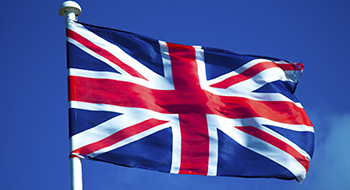
Kimberly-Clark Corp.’s recent announcement that it will purchase group annuity contracts for about 21,000 retirees representing US$2.5 billion in pension obligations is the latest indication that the trend to de-risk pension plans is continuing.

Many employers that sponsor DB pension plans are considering reducing the risk in their plans. An approach to reduce risk that is gaining popularity is to purchase a group annuity in respect of all or a portion of a pension plan’s retiree (and in some cases deferred vested) obligations.

Kimberly-Clark has reached an agreement to transfer the pension obligations of about 21,000 American retirees to two insurers.

The Timken Company has entered into an agreement to purchase a group annuity that will reduce its gross pension liability by about US$600 million.

Smart beta indexes can be a useful de-risking tool

Discussions about pension plan de-risking tend to focus on minimizing—or at least managing—financial risk for DB pension plan sponsors. Across the spectrum of pension risk management strategies, plan sponsors often consider a DC plan to be a low-risk, or no-risk, solution, particularly if they previously provided a DB plan. In fact, when DB plan sponsors talk of de-risking, that is often “code” for converting their plan to a DC arrangement. DC plans certainly mitigate plan sponsor financial risk: there is little danger of having to make higher sponsor contributions to account for market volatility or increased longevity, as is possible in the case of a DB plan.

There's a growing interest by U.S. plan sponsors in executing pension risk transfer deals.

NCR has purchased a single premium group annuity contract from The Principal to transfer about US$160 million ($185.8 million) of pension liabilities.

MetLife has signed an agreement to provide pension benefits to 7,045 retirees and current beneficiaries in TRW’s DB plan in a US$440-million ($511.5-million) transaction.

The Legal & General Assurance Society has bought out a portion of TRW Automotive's pension plan in the United Kingdom for £2.5 billion ($4.5 billion).